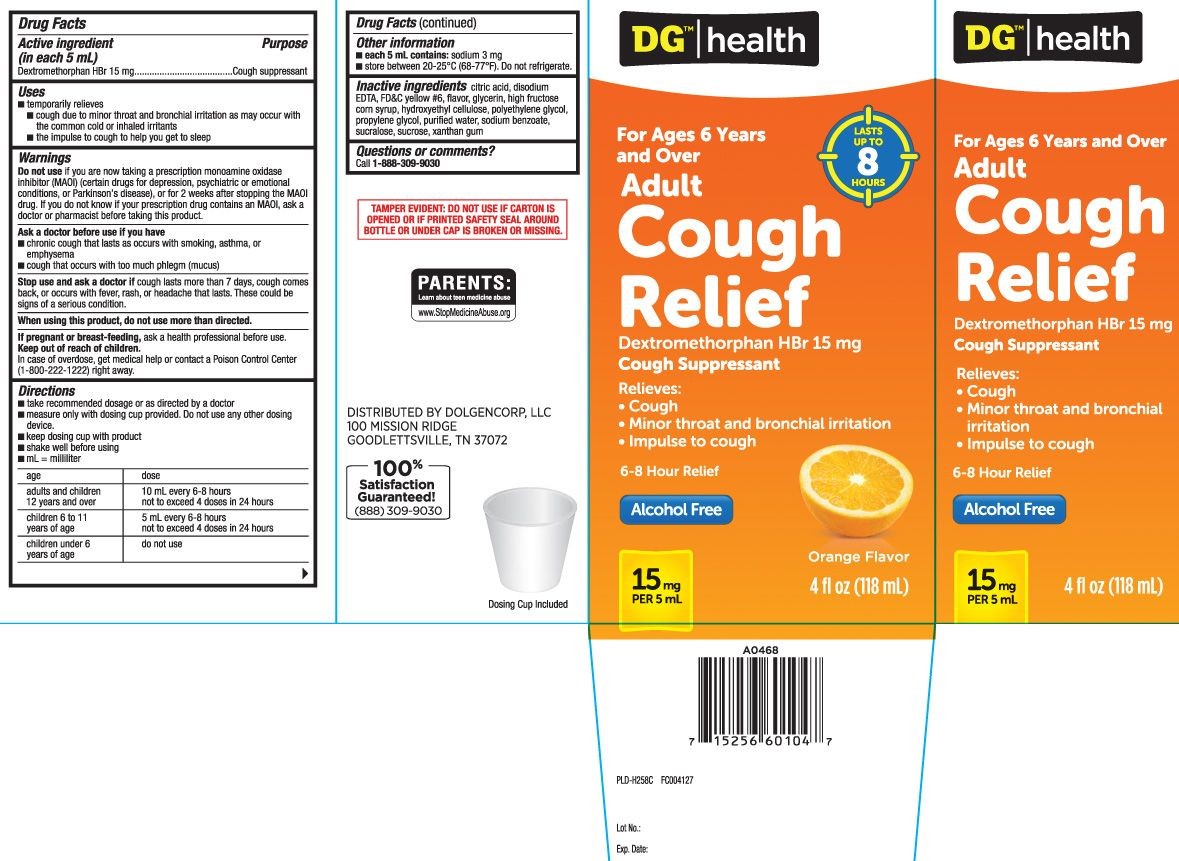
dextromethorphan/decongestant/antihistamine – oral
Medication Uses How To Use Side Effects Precautions Drug Interactions Overdose Notes Missed Dose Storage
USES: This combination medication is used to treat symptoms caused by the common cold, flu, allergies, hay fever, or other breathing illnesses (e.g., sinusitis, bronchitis). Dextromethorphan is a cough suppressant that affects the cough center in the brain, reducing the urge to cough. Decongestants relieve stuffy nose symptoms. Antihistamines relieve watery eyes, itchy eyes/nose/throat, runny nose, and sneezing. Cough-and-cold products are not safe or effective in children younger than 6 years. Do not use this product in children under 6 years unless directed by a doctor. Some long-acting tablets/capsules are not recommended for children under 12 years. Ask your doctor or pharmacist for more details about using this product safely. These products do not cure or shorten the length of the common cold and may cause serious side effects. Follow all dosage directions to decrease the risk for serious side effects. Do not use this product to make a child sleepy. Do not give other cough-and-cold medication that might contain the same or similar ingredients (see also Drug Interactions section). Ask the doctor or pharmacist about other ways to relieve cough and cold symptoms (such as drinking enough fluids, using a humidifier or saline nose drops/spray). HOW TO USE: If you are taking the over-the-counter product, read all directions on the product package before taking this medication. If your doctor has prescribed this medication, take it as directed. Take this medication by mouth with or without food with a full glass of water (8 ounces or 240 milliliters) or as directed by your doctor. This medication may be taken with food or milk if stomach upset occurs. Use a medication measuring device to carefully measure the prescribed dose for liquid forms. Do not use a household spoon. If your liquid form is a suspension, shake the bottle well before each dose. Swallow the extended-release capsules whole. Do not crush or chew them. Do not split extended-release tablets unless they have a score line and your doctor or pharmacist tells you to do so. Chewable forms of this medication should be chewed thoroughly before swallowing. Mix powdered forms thoroughly in the proper amount of liquid and drink all of it immediately. Do not prepare a supply for future use. The dosage is based on your age, medical condition, and response to therapy. Take this medication regularly for maximum benefit. Do not increase your dose or use it for a longer time than directed. Inform your doctor if your condition persists or worsens.
SIDE EFFECTS: Drowsiness, dizziness, headache, blurred vision, upset stomach, nausea, constipation, or dry mouth/nose/throat may occur. If any of these effects persist or worsen, notify your doctor or pharmacist promptly. To relieve dry mouth, suck on (sugarless) hard candy or ice chips, chew (sugarless) gum, drink water, or use a saliva substitute. This medication can dry up and thicken mucus in your lungs, making it more difficult to breathe and clear your lungs. To help prevent this effect, drink plenty of fluids unless otherwise directed by your doctor. Tell your doctor immediately if any of these unlikely but serious side effects occur: mental/mood changes, ringing in the ears, shaking, trouble urinating, weakness. Tell your doctor immediately if any of these rare but very serious side effects occur: easy bruising/bleeding, fast/slow/irregular heartbeat, seizure. Seek immediate medical attention if you experience a serious allergic reaction. This is not a complete list of possible side effects. Contact your doctor or pharmacist for more information. PRECAUTIONS: Before taking this product, tell your doctor or pharmacist if you are allergic to it or if you have any other allergies. This product may contain inactive ingredients that can cause allergic reactions or other problems. Talk to your pharmacist for more details. Before using this medication, tell your doctor or pharmacist your medical history, especially of: breathing problems, diabetes, eye problems, heart problems, high blood pressure, kidney problems, liver disease, seizures, stomach/intestinal problems, overactive thyroid, urination problems. This drug may make you dizzy or drowsy or cause blurred vision. Do not drive or engage in activities that require alertness or clear vision until you know how this medication affects you. Limit the use of alcohol and certain other medications that cause drowsiness. Older adults may be more sensitive to the side effects of this drug. Children may be more sensitive to the effects of antihistamines. During pregnancy, use this medication only when clearly needed. Discuss the risks and benefits with your doctor. This medication may pass into breast milk. Consult your doctor before breastfeeding. DRUG INTERACTIONS: If you are taking this medication under your doctor’s direction, they may already be aware of any possible drug interactions. Do not start, stop, or change the dosage of any medicine without checking with your doctor or pharmacist first. This product should not be used with MAO inhibitors. Inform your doctor or pharmacist of all prescription and nonprescription/herbal products you may use, especially antihistamines applied to the skin, antispasmodics, beta blockers, drugs for Parkinson’s disease, guanethidine, certain inhaled anesthetics, methyldopa, reserpine, scopolamine, and tricyclic antidepressants. Tell your doctor or pharmacist if you also take drugs that cause drowsiness, such as certain antihistamines, anti-seizure drugs, medicine for sleep or anxiety, muscle relaxants, narcotic pain relievers, or psychiatric medicines. Check the labels on all your medicines because they may contain ingredients that could affect your heart rate/blood pressure or cause drowsiness. This medication may interfere with certain medical/laboratory tests. Make sure laboratory personnel and all your doctors know you use this drug. Keep a list of all your medications and share it with your doctor and pharmacist. OVERDOSE: If overdose is suspected, contact a poison control center or emergency room immediately. Symptoms of overdose may include: agitation, confusion, flushing, hallucinations, large pupils, muscle twitching, seizures.
NOTES: Do not share this medication with others. Keep all regular medical and laboratory appointments. Do not take this product several days before allergy testing. Information last revised December 2013. Copyright (c) 2013 First Databank, Inc.


